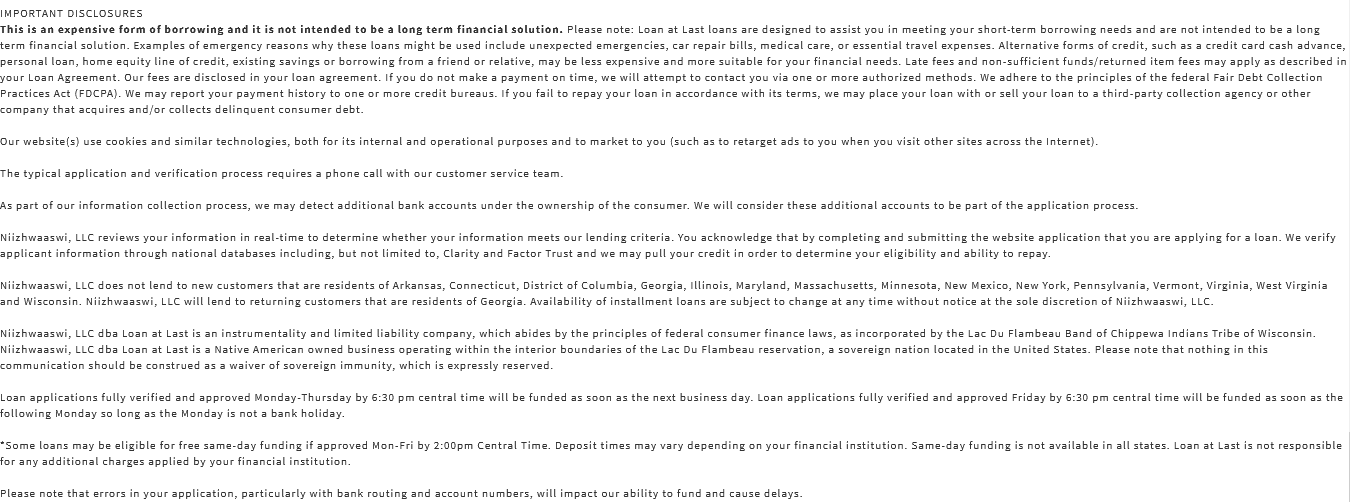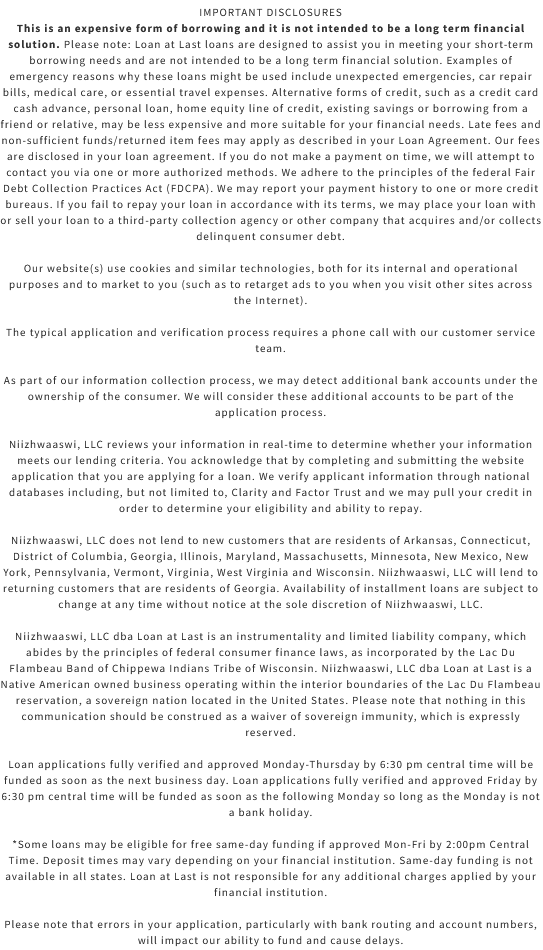Consumer Reports magazine recently asked debt-management experts for their best tips on handling debt.
Tip 1: Build a Budget
The first step is to examine your income, monthly expenses and assets. Write it down or utilize this easy-to-use online Budget Worksheet. Take a hard look at what is coming in and what is going out. Odds are you are spending more than you make, so now prepare a scaled-back spending plan.
Tip 2: After budgeting, negotiate.
Call your credit card companies to request a lower interest rate. “You’d be surprised at how many people don’t call their creditors before things get to a point where they’re falling behind,” says Bruce McClary, a spokesman for ClearPoint Credit Counseling Solutions in Seattle.
Tip 3: Consolidate your obligations
Folding multiple credit card and loan bills into one loan with one monthly payment can help you manage what you owe. There are two types of debt consolidation especially worth considering:
Student Loans
Combine student loans. The average college graduate with a bachelor’s degree holds $27,000 in debt among 8 student loans. You can make your life much easier by seeking a Federal Direct Consolidation Loan. The federal student-aid website has details.
Credit Cards
Transfer debt to a lower-rate card. Some credit cards offer a zero-percent teaser interest rate on balance transfers for a limited time.
Tip 4: Prioritize payments
If you can’t pay all your debts each month, Deanne Loonin, of the National Consumer Law Center in Boston and author of the center’s “Guide to Surviving Debt,” recommends focusing on keeping current on secured debt–obligations like auto loans and mortgages. Give high priority to debts related to necessities such as utilities and debts you can’t discharge, including student loans and unpaid federal taxes.
Tip 5: Use a credit counselor
Sometimes doing it yourself is just too hard. A counselor can negotiate with most creditors to lower rates and eliminate late fees and other penalties. Then the agency will act as a consolidator, collecting one monthly payment from the debtor and disbursing funds to creditors. Nonprofit agencies that are members of the National Foundation for Credit Counseling charge a one-time DMP setup fee of about $30. Most also require DMP maintenance fees averaging $20 a month. Avoid for-profit debt-settlement companies, the Consumer Financial Protection Bureau says those arrangements usually can’t get you better terms than what you could negotiate yourself.



